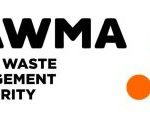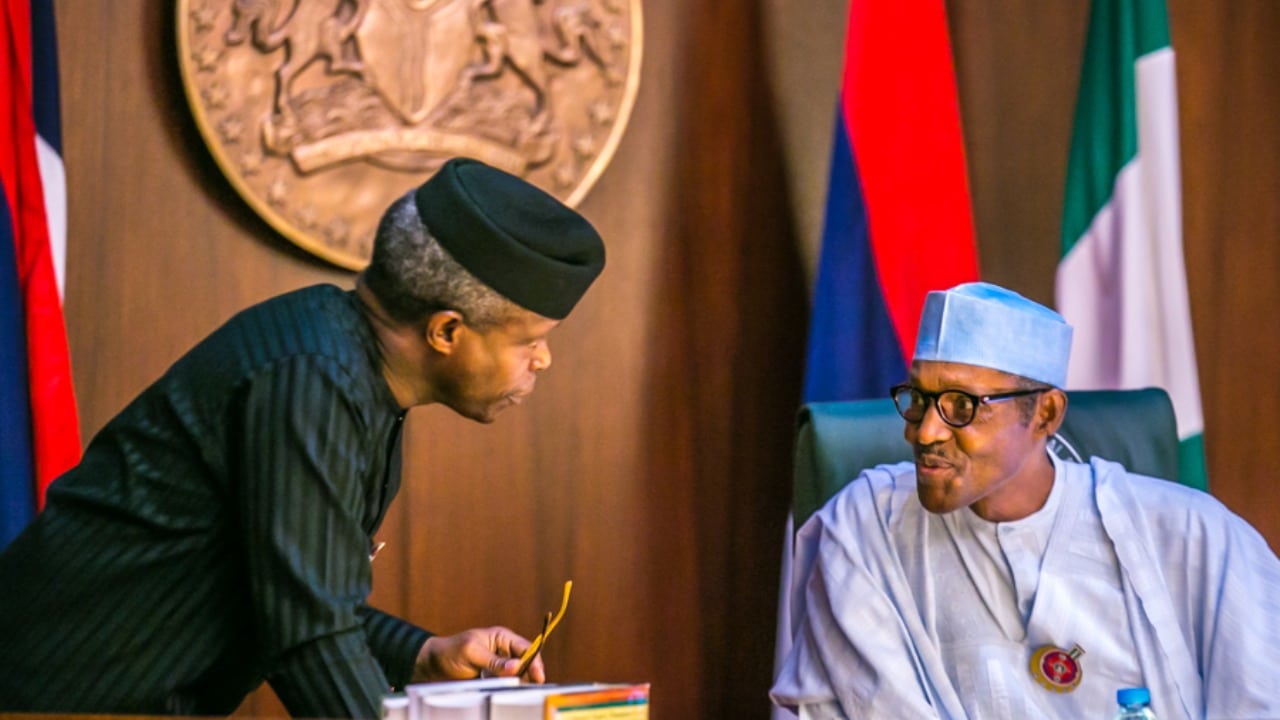Mohammed Adoke, former Attorney General of the Federal (AGF) and Minister of Justice was, on Monday, re-arraigned by the EFCC in the Federal High Court, Abuja, on fresh charges bordering on money laundering to the tune of N900 million.
Adoke and one Aliyu Abubakar is being prosecuted by EFCC on a 7-count charge before Justice Binta Nyako.
The former AGF and Abubakar were, however, granted bail by the judge after taking arguments from counsel to the parties.
News Agency of Nigeria (NAN) reports that while Adoke is the 1st defendant and he is being charged on a six-count charge, Abubakar is the 2nd defendant and he is being charged on one-count charge in the suit number: FHC/ABJ/CR//89//17.
The duo, however, pleaded not guilty to the counts read against them.
Following their not guilty plea to the charges, counsel for the EFCC, Bala Sanga, urged the court to remand the defendants in the commission’s custody pending the hearing of the matter.
However, a team of counsel to the defendants drew the court’s attention to the bail application filed by the defendants.
Chief Mike Ozekhome, SAN, who argued the bail application of Adoke, prayed the court to grant Adoke bail in self recognizance being a former AGF, pending the hearing of the charges.
He said in the alternative, Adoke should be granted bail on favourable and liberal terms, or better still to allow Adoke to enjoy bail terms as already granted him by an FCT High Court presided over by Justice Abubakar Idris Kutigi, where Adoke is facing a 42-count charge.
He said Adoke has never been convicted of any crime and that the charges before the court are bailable offences.
While submitting that bail is constitutional, the senior lawyer said a defendant should not be denied his right to freedom of free movement until when he is convicted.
Similarly, Chief Wole Olanipekun, SAN, counsel the second defendant, aligned with the submissions of Ozekhome to urge the court to grant the second defendant bail.
He argued that a suspect is presumed innocent until proven contrary to the court of law.
In his response, prosecution counsel, Sanga, urged the court to use its discretionary power to grant the defendants bail.
Delivering ruling on the bail applications, Justice Nyako, however, admitted the defendants to bail in the same terms granted them earlier by Justice Kutigi.
Recall that Justice Kutigi had, on Jan. 30, admitted both Adoke and Abubakar to bail in the sum of N50m each.
The court, in addition, ordered them to provide a surety with each in like sum to their bail.
The sureties who must be responsible citizens of Nigeria must reside within the jurisdiction of the court.
They must be owners of verifiable property in the FCT and also show evidence of tax payment in the last three years.
In addition, the sureties are to sign an undertaking that the defendants would always be in court at every proceeding of the trial, while the defendants on their part are to undertake that they would not jump bail nor interfere with the trial.
The defendants were also ordered to submit their international passport to the court and would not travel without the court’s permission.
Justice Kutigi also ordered that the defendants be kept in custody of the EFCC pending the perfection of their bail.
However, Ozekhome told Justice Nyako that despite meeting the bail conditions by the sister court, the defendants were yet to be released by the EFCC.
He expressed fear that the anti-graft agency might rearrest the defendants after the proceeding.
On his part, the EFCC lawyer argued that the defendants were unable to meet all the bail terms since their international passports were still in the custody of the commission.
Counsel to 2nd defendant, Olanipekun, told the court that the anti-graft agency had failed to release them, even when the court made the order, “on the grounds that they were to be arraigned on a separate charge.”
The judge, who cautioned the EFCC against flouting court order, directed that the travel passports of the defendants be deposited at the FCT High Court in compliance with the bail terms.
“Tell your principals to try and obey court order,” she said.
Justice Nyako, then, adjourned till April 1 and 2 for the commencement of trial.














